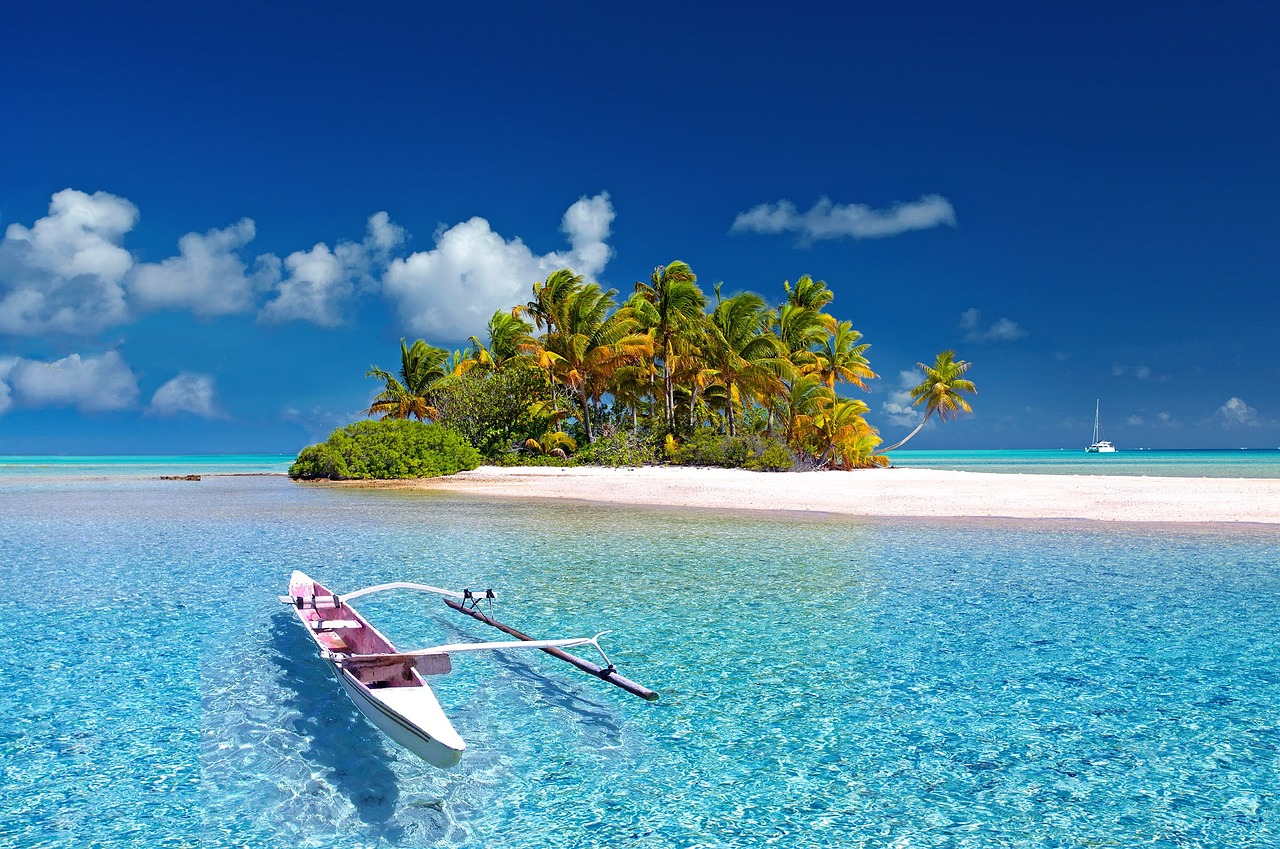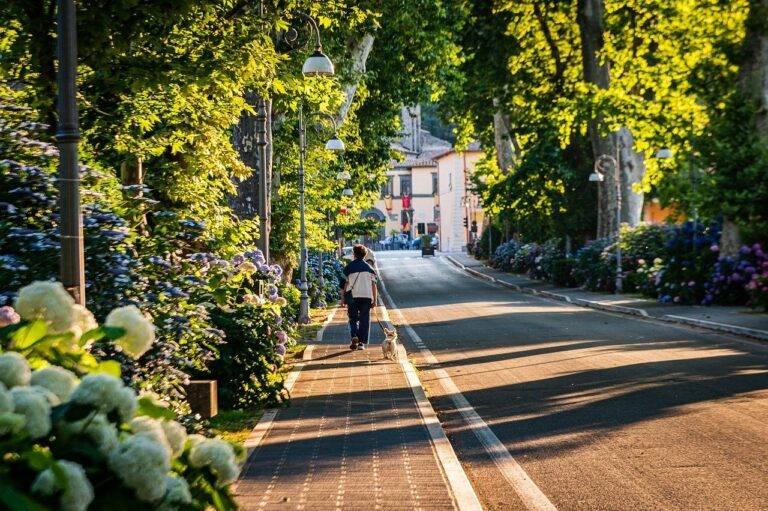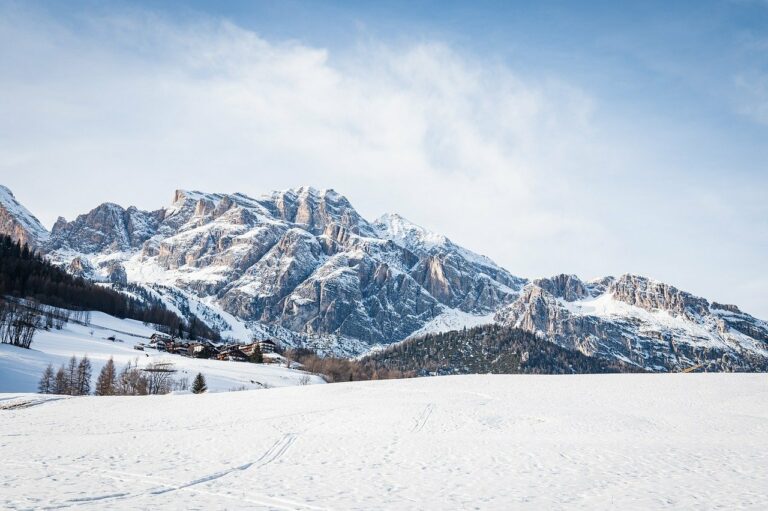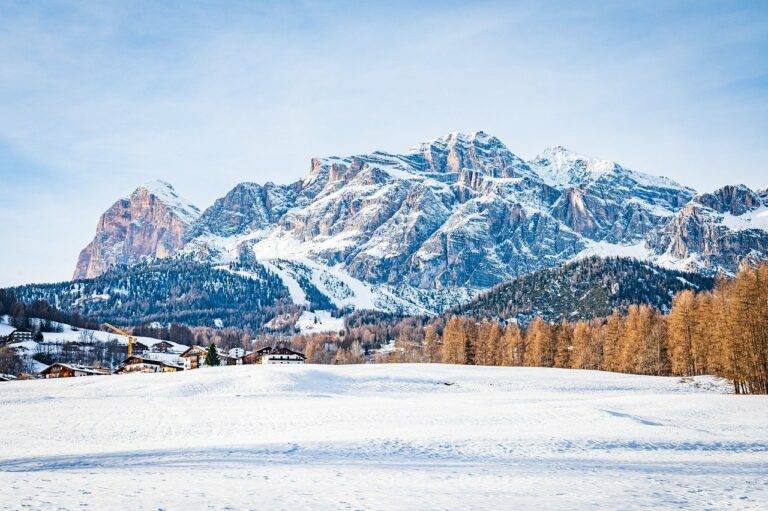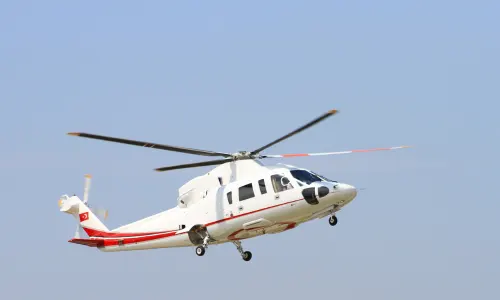Wildlife Conservation Volunteering: Protecting Endangered Species and Habitats
Satsport, Betbhai9: Wildlife conservation plays a crucial role in maintaining the delicate balance of our ecosystems. By protecting and preserving various species, we safeguard biodiversity and ensure the sustainability of our environment. Each species, no matter how big or small, contributes to the intricate web of life on Earth, and the loss of one can have ripple effects on entire ecosystems.
Furthermore, many species provide vital services for humans, such as pollination and pest control, making wildlife conservation not just an ethical obligation but also a practical necessity for our own well-being. By protecting wildlife and their habitats, we also safeguard essential resources and ecosystems that support human life.
The Role of Volunteers in Wildlife Conservation
Volunteers play a crucial role in wildlife conservation efforts worldwide. Their dedication and passion for protecting endangered species and habitats make a significant impact in preserving our planet’s biodiversity. By actively contributing their time, skills, and resources, volunteers help support conservation projects, raise awareness in local communities, and advocate for policies that safeguard vulnerable ecosystems.
Through volunteering, individuals have the opportunity to engage directly with wildlife and their habitats, gaining invaluable hands-on experience and knowledge about the importance of conservation. By participating in activities such as habitat restoration, wildlife monitoring, and educational outreach programs, volunteers not only contribute to conservation efforts but also foster a deeper connection to nature and a sense of responsibility towards protecting our environment for future generations.
Challenges Facing Endangered Species and Habitats
Preserving endangered species and their habitats is a pressing issue that calls for immediate attention. One major challenge faced by these species is habitat loss, primarily caused by deforestation, urbanization, and industrialization. As their natural habitats continue to shrink, endangered species face a higher risk of extinction.
Another significant challenge is poaching and illegal wildlife trade. Many endangered species are targeted for their valuable body parts, such as ivory, fur, or organs, driving them further towards extinction. Despite efforts to combat poaching, the demand for these illegal products persists, posing a continuous threat to the survival of endangered species and the ecosystems they inhabit.
Why is wildlife conservation important?
Wildlife conservation is important because it helps maintain the balance of ecosystems, preserves biodiversity, and ensures the survival of endangered species.
What is the role of volunteers in wildlife conservation?
Volunteers play a crucial role in wildlife conservation by assisting with research, monitoring wildlife populations, restoring habitats, and raising awareness about the importance of protecting endangered species.
What are some of the challenges facing endangered species and habitats?
Some of the challenges facing endangered species and habitats include habitat loss, climate change, poaching, pollution, and invasive species. These threats can have devastating effects on wildlife populations and their habitats.

